MUHC in the Media - November 18, 2024
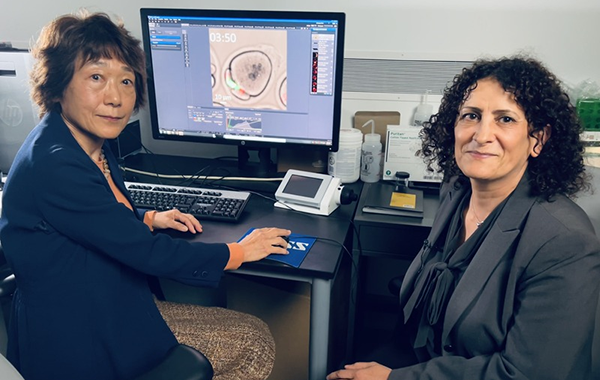
Understanding the causes of molar pregnancies and placental cancers
Radio-Canada's science program Découverte devoted a report to the placenta, an organ essential to the emergence of human life, but which remains relatively little studied. The report features an interview with Prof. Rima Slim, senior scientist at the RI-MUHC, who is interested in hydatidiform moles - which can in rare cases lead to placental cancers. An article provides further information on her research, carried out in collaboration with Prof. Teruko Taketo, which recently led to the discovery of new genes linked to these moles.
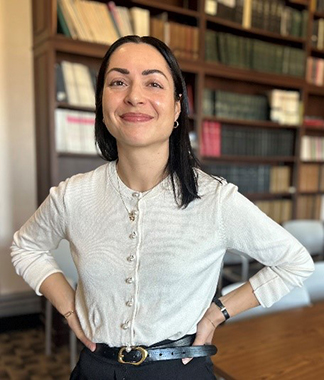
The MUHC launches a pilot project for intensive therapy to treat severe OCD
Patients with severe obsessive-compulsive disorder (OCD) are participating this week in an innovative program developed at the Allan Memorial Institute of the MUHC. The program is inspired by approaches used elsewhere in the world and consists of five consecutive days of intensive exposure therapy. It is aimed at patients who are resistant to other forms of treatment, including medication and individual psychotherapy. Catherine Ouellet-Courtois, psychologist and program coordinator at the Mood and Anxiety Disorders Program of the MUHC, has given interviews on this topic in the media, including La Presse, 98.5 FM, and Tout un matin
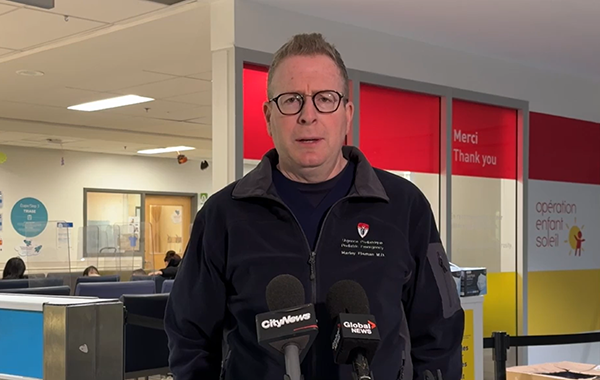
High volumes in pediatric Emergency Departments
Faced with a surge in patients at their emergency rooms, the CHU Sainte-Justine and the Montreal Children's Hospital (MCH) join forces to remind parents to avoid going to the ER if their child's condition does not require immediate care. For children who are not seriously ill or injured, other solutions can be considered, such as the 8-1-1 line, or walk-in clinics, says Dr. Harley Eisman, Medical Director of the MCH’s Emergency Department. La Presse, Montreal Gazette, The Canadian Press, Radio-Canada, TVA Nouvelles, CTV News, Global News, CityNews
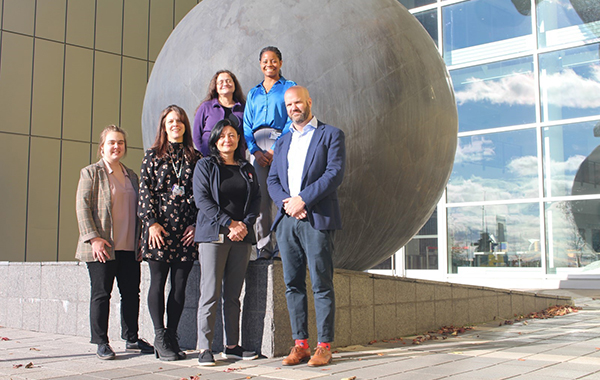
Help in coordinating care
The Intermediate-Complexity Coordination and Navigation Service (I-CCAN) assists families in navigating the healthcare system and facilitates access to coordinated hospital-based services. I-CCAN is offered to patients with intermediate complex care needs who are followed by many different service providers, explains Dr. Sara Long-Gagné, Pediatrician and Director of I-CCAN. Le Devoir, Canal M, FMSQ
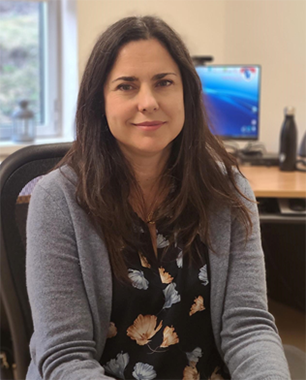
It is rarely easy to end a romantic relationship in a peaceful way
Ending a romantic relationship, even when it seems inevitable, is often a delicate moment, especially when one of the partners is not ready to face this reality. In her weekly radio segment, Jennifer Russell, Head of the Psychology Department at the MUHC (adult sites), explains in an interview that it is better to accept the situation as it is, in order to better understand how to move forward and rebuild one's life afterward. CJAD
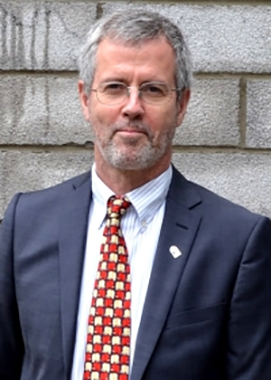
Measles outbreaks, avian flu: questions on vaccination
Dr. Brian Ward, senior scientist at the Research Institute of the MUHC and Co-Director of the MUHC Vaccine Study Centre, spoke to Radio-Canada about the reasons behind measles outbreaks in New Brunswick and elsewhere in Canada, and the dangers the disease poses to unvaccinated young children and seniors. He blames vaccine coverage, which has fallen well below the levels needed to prevent transmission, particularly since the COVID-19 pandemic. In another interview, he also talked about the rare cases of avian flu transmission to humans. Ici RDI
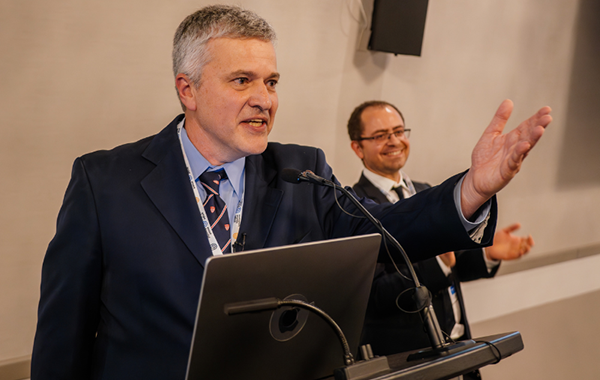
Promising results for the Smart Hospital Project
The Smart Hospital Project has come a long way since its inception in 2021. Aimed at supporting the development of wireless vital signs monitors, the project has just completed its second phase, and the results look encouraging, explain Drs. Guilherme Sant'Anna and Wissam Shalish, neonatologists at the Montreal Children's Hospital. Canadian Healthcare Technology
